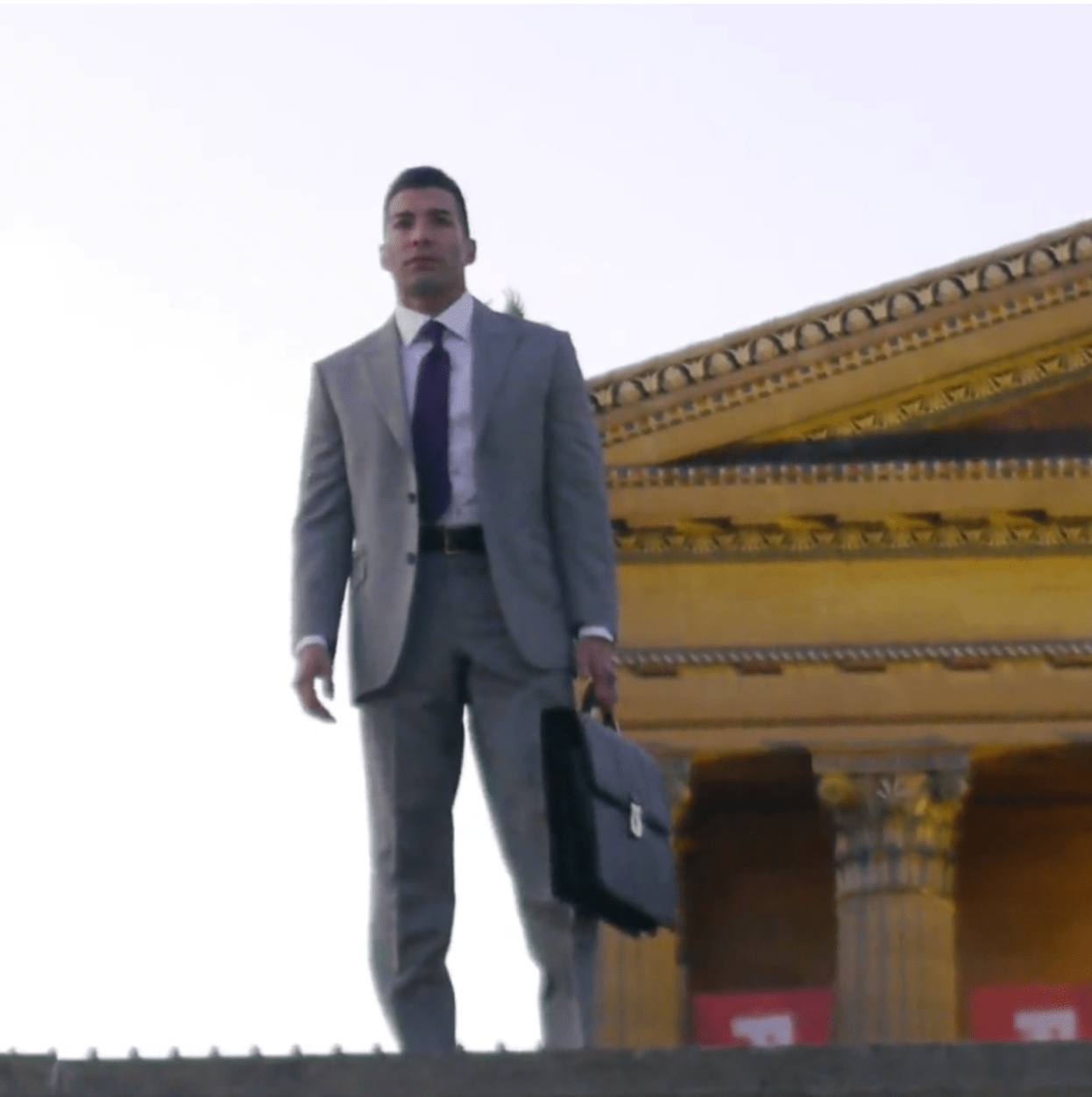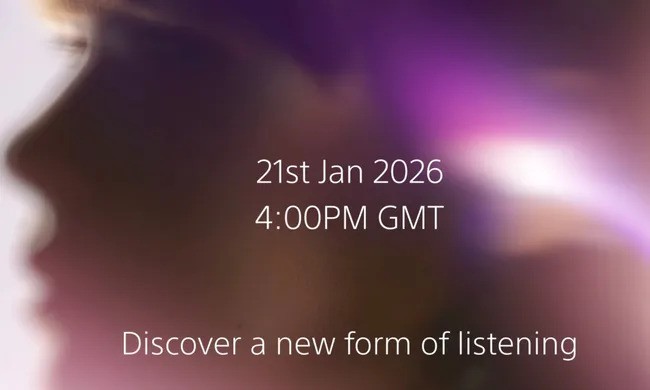In 2025, growing federal scrutiny over university operations has reignited debate around academic freedom in the United States. With policies targeting curriculum content, international student enrollment, and institutional funding streams, higher education leaders warn that core principles of inquiry and expression are being destabilized by political interference.
Joseph Lento, founder of Lento Law Firm, has long worked at the intersection of education and law, representing students and faculty in disciplinary, rights-based, and reputational disputes. He discusses a rise in cases where institutional decisions appear to be driven less by academic norms and more by political pressure.
Lento notes, “We’re seeing more instances where academic decisions, whether to discipline a student, deny a research grant, or cancel a speaker, are influenced by external political agendas rather than educational principles. That shift undermines the integrity of higher education and puts institutions on unstable legal ground.”
The current administration has proposed capping enrollment for international students, particularly from countries considered adversarial to U.S. interests. Additionally, federal funding has been threatened for schools that continue to teach concepts deemed ideologically biased, such as critical race theory or certain gender studies frameworks. These actions, while framed as efforts to restore educational neutrality, have raised alarms about whether academic institutions can maintain autonomy under such constraints.
Lento continues, “When government funding is conditioned on ideological compliance, institutions risk breaching existing commitments to faculty, students, and accreditors. That creates not only reputational liability but potential claims for breach of contract and violations of academic freedom protections.”
Faculty members have reported increased self-censorship, especially in fields touching on race, gender, climate science, and geopolitics. Student groups, too, are facing more obstacles when inviting speakers or organizing events that may be perceived as politically controversial. In this climate, the line between legitimate institutional oversight and viewpoint discrimination has become increasingly blurred.
“Policies that selectively restrict speech based on viewpoint are particularly vulnerable to First Amendment challenges, especially at public universities,” Lento states. “Even private institutions, depending on their own published values and codes of conduct, can face legal exposure if they enforce rules inconsistently or suppress dissenting voices.”
At the same time, schools are under pressure from both sides: federal directives urging compliance with specific political agendas, and internal constituencies—students, faculty, alumni—demanding adherence to traditional values of academic freedom. This tension has led to erratic policy enforcement, uneven disciplinary actions, and uncertainty around what speech is truly protected.
“Inconsistent enforcement of policies—where similar conduct leads to drastically different outcomes—can erode trust and give rise to legal claims, including selective enforcement and due process violations,” Lento explains. “We’re advising more clients who feel they’ve been penalized not for what they did, but for who they offended.”
For students, the erosion of academic freedom can have direct consequences on their education and expression. Research opportunities may be curtailed, critical perspectives stifled, and reputational risks increased for engaging with disfavored topics. Faculty, meanwhile, must navigate a landscape in which pedagogical choices may carry unexpected professional and legal consequences.
Lento concludes, “Students and educators need to know their rights and document their interactions with institutions. When policies become vague or politicized, a well-documented record can be the strongest defense against arbitrary or retaliatory action. Students and faculty should reach out to professional support and advocates to ensure their rights are protected.”
As these pressures mount, the role of legal advocates becomes more central—not only to defend individual rights but to uphold the broader mission of education as a space for rigorous, open discourse.
Disclaimer and Disclosure:
This article is an opinion piece for informational purposes only. Florida Reporter and its affiliates do not take responsibility for the views expressed. Readers should conduct independent research to form their own opinions.







